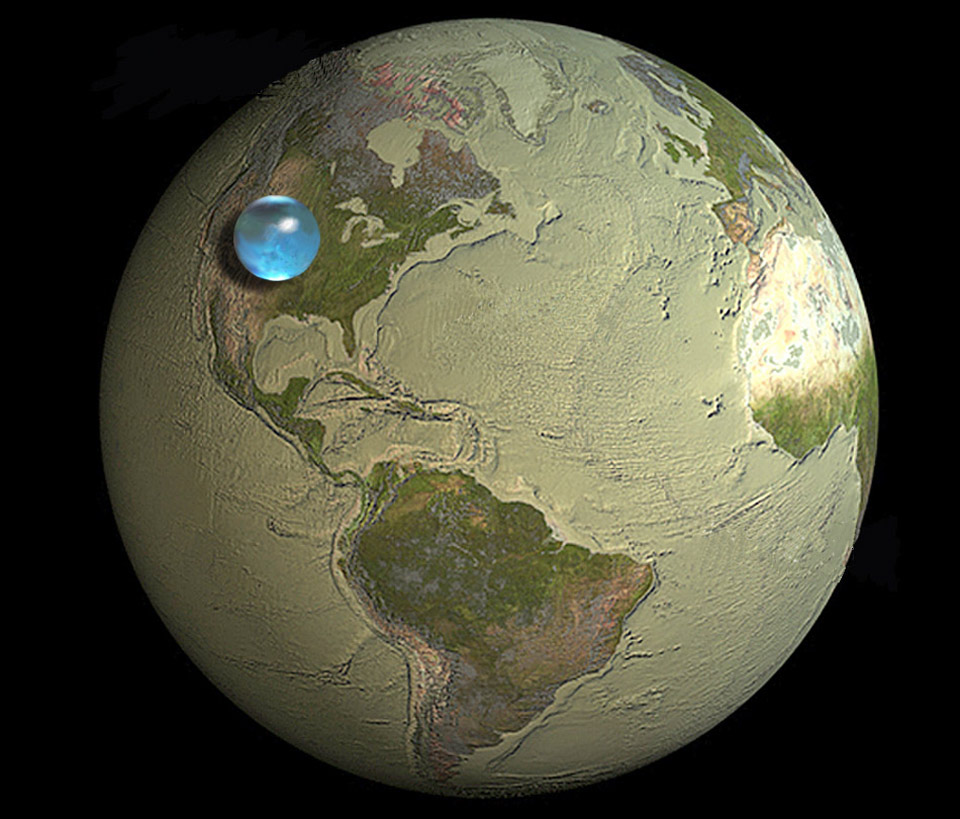Another ancient account of a great flood is the Babylonian Ark Tablet.
This dates to around 1900–1700 b.c.
There is the Greek myth of Deucalion. The ancient Chinese told many myths about floods,
some describing the waters as “reaching heaven.”
In “Why Does Nearly Every Culture Have a Tradition of a Global Flood?”, John Morris,
Ph.D., described his collection and analysis of more than 200 accounts of floods, originally
reported by missionaries, anthropologists and ethnologists. He wrote:
While the differences are not always trivial, the common essence of the stories
is instructive, as compiled below:
¦Is there a favored family? 88%
¦Were they forewarned? 66%
¦Is flood due to wickedness of man? 66%
¦Is catastrophe only a flood? 95%
¦Was flood global? 95%
¦Is survival due to a boat? 70%
¦Were animals also saved? 67%
¦Did animals play any part? 73%
¦Did survivors land on a mountain? 57%
¦Was the geography local? 82%
¦Were birds sent out? 35%
¦Was the rainbow mentioned? 7%
¦Did survivors offer a sacrifice? 13%
¦Were specifically eight persons saved? 9%
Morris concluded his article by writing:
The only credible way to understand the widespread, similar flood legends is to recognize
that all people living today, even though separated geographically, linguistically and culturally,
have descended from the few real people who survived a real global flood, on a real boat which
eventually landed on a real mountain. Their descendants now fill the globe, never to forget the
real event.

